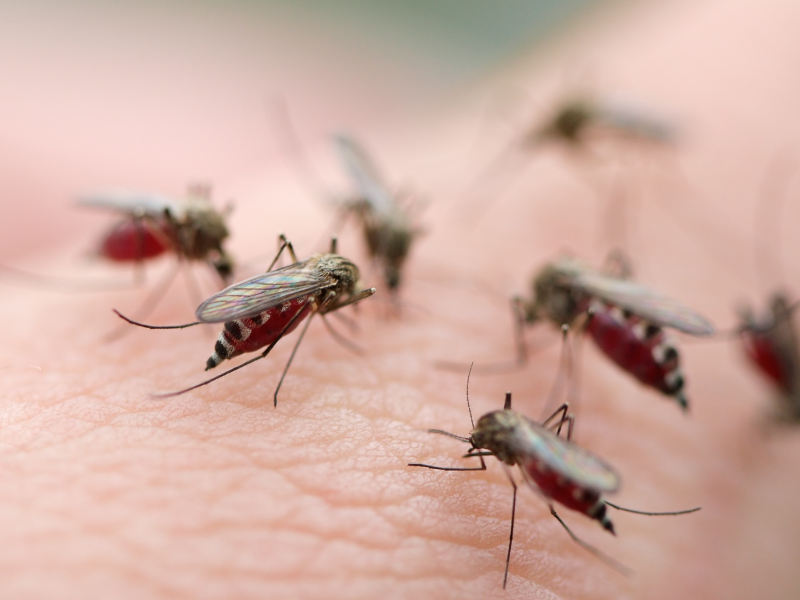The Mosquito Menace: Understanding and Managing the World’s Deadliest Insect
Regarded as the deadliest creature on Earth, mosquitoes pose significant threats to public health, killing and debilitating millions each year through the transmission of various pathogens.
The Culex Species: The Common Urban Threat
Typically known as the “house” or “container” mosquitoes, the Culex species is the most common variety affecting humans in the United States. They are not merely a nuisance, they carry dangerous diseases.
Public Health Risks: Diseases Carried by Culex Mosquitoes
- West Nile Virus: This disease, usually accompanied by fever, headache, muscular pain, and rash, can affect the liver or nervous system if complications arise. Female mosquitoes contract this virus from infected birds, becoming carriers until they die.
- St. Louis Encephalitis: This disease causes swelling of brain and central nervous system tissue, and mosquitoes can contract it from a variety of infected hosts, including birds, rodents, deer, and even domestic pets like cats and dogs.
- Eastern and Western Equine Encephalitis: These are viral diseases spread by mosquitoes that contracted the virus from infected birds. They can result in the swelling of brain tissue.
- Aedes Species: The Warm Weather Woes
The Aedes species are aggressive biters, thriving in warm rural and suburban environments. Their populations surge after seasonal rains, with the Aedes aegypti being primary vectors of disease.
- Public Health Risks: Diseases Carried by Aedes Mosquitoes
- Heartworm: This parasitic disease, spread by female mosquitoes feeding on infected animals, primarily affects dogs and cats but can also infect humans, typically settling in the lungs.
- Yellow Fever and Dengue Fever: These viral diseases spread when mosquitoes contract the virus from an infected human and spread it to other humans through bites. Most cases occur in other countries, so international travelers should consider taking precautions.
- The Anopheles Species: The Malaria Carriers
Known as permanent water mosquitoes, the Anopheles species is the primary vector of malaria worldwide.
Malaria: Characterized by fever, chills, sweats, muscle pain, and vomiting, malaria spreads when infected female Anopheles mosquitoes bite individuals who carry the malaria parasite. Though largely eradicated in the United States, international travel can reintroduce the disease.
Non-Pesticide Control Recommendations for Mosquitoes
Stagnant water creates ideal breeding conditions for mosquitoes. To reduce these sites, ensure areas where water collects, such as clogged gutters, neglected swimming pools, and rain-collecting objects, are regularly cleaned or removed.
Ensure window screens are in good condition and fit tightly to prevent mosquitoes from entering the home.
At Cross Country Pest Control, we are committed to helping you protect your home from these threats. Click the button below to get a quote and learn how we can help keep your home mosquito-free.



